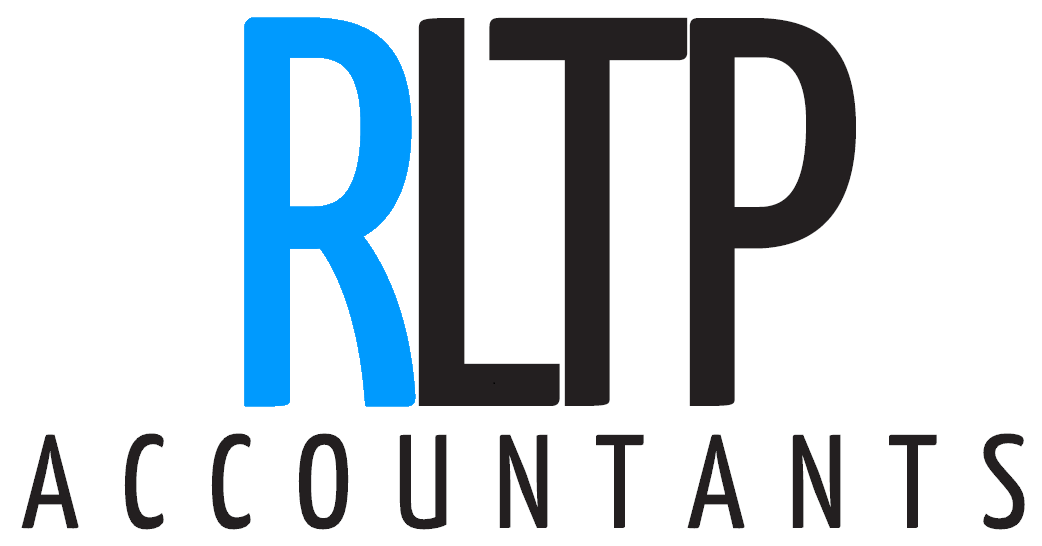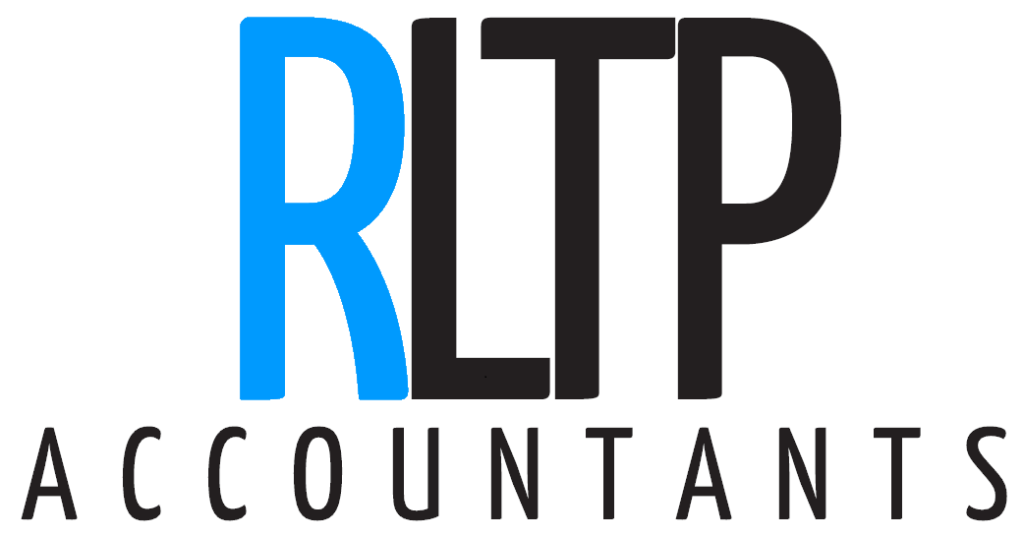It can be confusing when it comes to paying tax on any income that supplements your annual salary. You need to make sure that you’re paying the right amount to avoid penalties and fines and most of that involves making sure that you have calculated all of your earnings correctly. In this article, we’ll take you through how you can do this properly, although it’s generally advised that you consult a team of expert accountants, such as the committed specialists we have here at RLTP Accountants.
Why do you have to pay tax on rental income?
You might be wondering why you need to pay income tax on the amount of rent you receive, especially as it’s not part of your annual salary, if you earn one. However, by committing to becoming a landlord, you’re accepting that you’ll be receiving additional income from a separate property that you have ownership of. This counts as a form of income that goes alongside your annual salary.
Where you might think the two are separate, they actually both have an impact on the amount of income tax you’ll pay overall, something we’ll discuss in a moment. You need to pay income tax on the amount you receive from your rental property, like you would on any other form of income. Rental income covers a wide range of different things. Essentially, if you receive money from the tenant for the following things, then it counts as a form of rental income:
- Rent
- The use of furniture
- The cleaning of communal areas
- Bills, such as water and energy
- Home repairs or property maintenance work
What are the rental income tax rates 2023/24 in the UK?
Rental income tax is the amount you will need to pay to the British government as it’s considered to be a form of income on top of your annual salary. There are multiple scenarios that will affect how much tax you pay on your rental income and much of it depends on the income tax band you fall into. The higher the band, the more tax you pay. We’ve outlined the different tax bands, and the percentage you’ll need to pay, below:
- The personal allowance tax band means you can earn up to £12,570 without paying any tax
- The basic rate tax band means that if you earn between £12,571-£50,270 then you’ll pay 20% tax
- The higher rate tax band requires that you pay 40% tax on earnings that fall between £50,271-£125,139
- If you fall into the additional rate tax band, then you’ll pay 45% tax on earnings that fall at, or above, £125,140
How do I work out the income tax band I fall into?
Take the amount of your annual salary, if you earn one, together with any bonuses or money earned through overtime and set this figure to one side, without deducting your tax-free allowance. You should then subtract either your allowable expenses or property allowance from the total amount of rental income you receive in order to reveal what your net rental income is.
Take the figure from your annual income calculations and add that to your yearly rental income in order to reveal what your income tax band would be. Please note, however, that you should not deduct any applicable expenses or any allowances from other incomes you receive, such as from a business you own.
How do I know what my allowable expenses are?
You have the opportunity to offset some of the cost associated with a rental property by claiming expenses that are incurred as a direct result of rental property maintenance, repairs and other aspects of owning a rental property. If, however, you incur expenses as a partial result of a rental property, then you should look to calculate a definite proportion of what’s been spent on your rental property because this proportion can be deducted accordingly.
This means that even if not all of your expenses are going on your rental property, the expenses that are can be compensated. It’s worth noting, however, that where there are some expenses you can claim for, there are others that can’t be. For example, the expenses that you’ll be able to claim for include:
- Home maintenance costs
- Interest on mortgage payments, although tax relief has been reduced to nil since 5th April 2020
- Management fees paid to letting agents
- Ground rent
- Service charges, including bills
- Council tax
- Landlord insurance
The expenses that cannot be claimed include the following:
- Home improvement costs
- The full cost of loan or mortgage used for property repair
- Management fees that are paid to the landlord
- Capital expenditure
There are some things, on the other hand, that you might be able to claim for, such as:
- Capital allowances – which can be claimed on furnished holiday lettings and commercial properties, depending on whether or not you meet the requirements
- Wear and tear allowance – this is something that can be claimed if the property is furnished, allowing you to claim 10% of the net rent as “wear and tear allowance”
Do I have to pay UK tax on rental income from an overseas property?
Tax paid on rental income from overseas properties are treated in much the same way as a rental property in the UK. If you live in the UK but are also domiciled in the then then you’ll have to pay income tax on the income received from overseas property, most likely. If you aren’t a resident in the UK, then you won’t have to pay tax on the rental income received from an overseas property.
There might be some instances where you’ll have to pay tax to the country in which the property is based, in addition to paying income tax to the UK government on rental income earned from the same overseas property. You might have to research Foreign Tax Credit Relief if you’d like to reduce the amount you owe.
If you’re looking to learn more about tax on rental incomes, or if you aren’t sure where to start, then employ the help of a professional accountant, such as us here at RLTP Accountants. We have a team of highly-qualified experts who are dedicated to putting our clients at the forefront of our operations. Serving clients throughout Derby, Nottingham, Belper, Leicester and the surrounding areas, we can always be counted upon to deliver exceptional accountancy services for both domestic and commercial clients. For more information, get in touch with a member of our friendly, specialist team today – we’re always pleased to hear from you.


